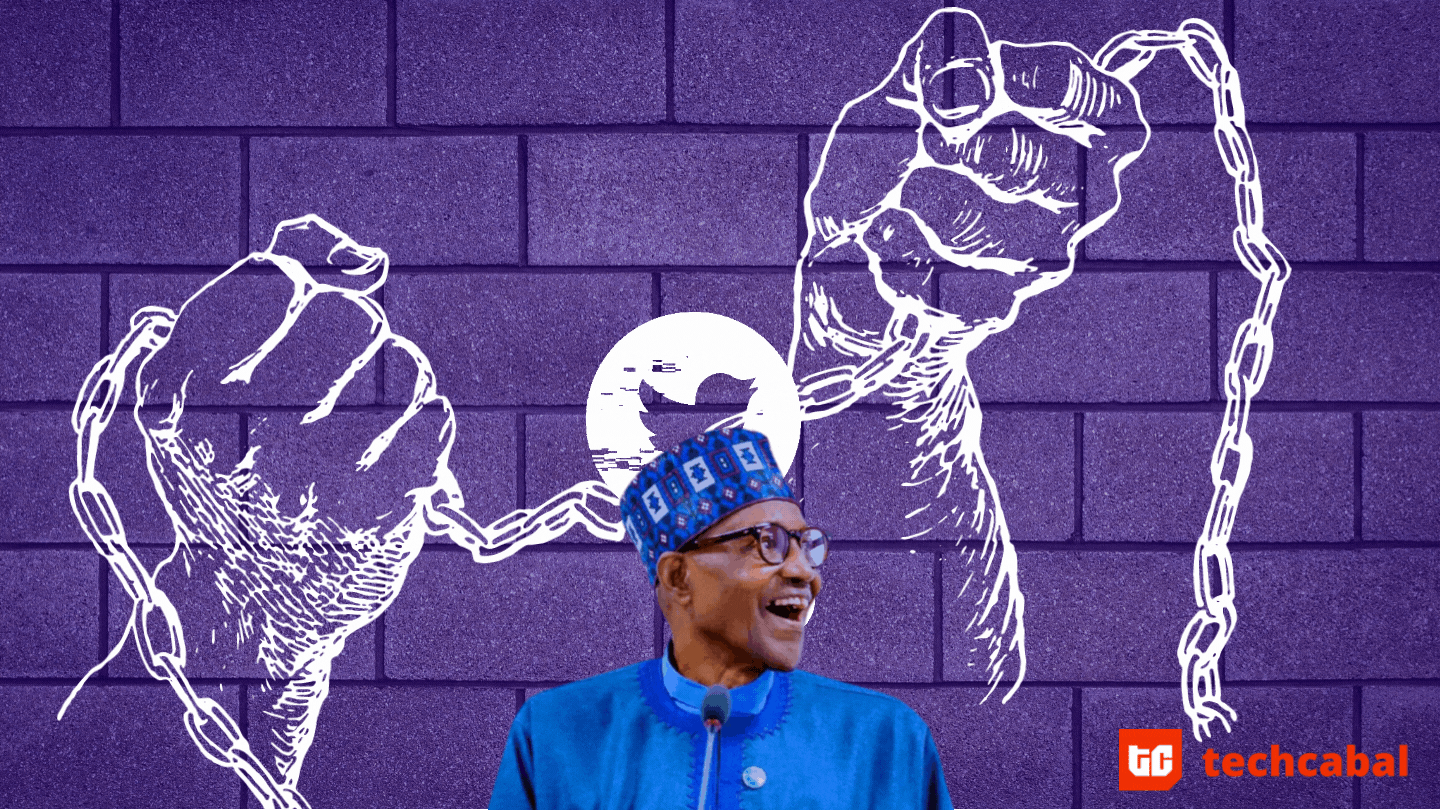After 6 months, the Nigerian government has lifted the suspension of Twitter operations in the country following approval by President Muhammadu Buhari. The removal of the suspension took effect from 12 AM Thursday, January 13, 2022.
The announcement was made on Wednesday by the Chairman Technical Committee Nigeria-Twitter Engagement and Director-General National Information Technology Development Agency (NITDA), Kashifu Inuwa Abdullahi.
Abdullahi stated that the approval was given following a memo written by the Minister of Communications and Digital Economy, Isa Ali Ibrahim to the President. In the memo, the minister updated and requested the President’s approval for the lifting of the suspension based on the Technical Committee Nigeria-Twitter Engagement’s recommendation.
Recall that the Nigerian government suspended Twitter’s operation on June 4, 2021, following the platform’s decision to remove a controversial tweet by the Nigerian President, which it said breached the site’s rules. The Nigerian government has insisted the suspension is a matter of national security and not related to the president’s tweet.
The government’s decision to ban Twitter triggered widespread criticism as online-based businesses recorded huge losses; lawsuits filed against the Nigerian government; and national assembly hearings held to probe the circumstances leading to the ban.
Mid-way through the suspension period, during his Nigeria’s 61st Independence Day anniversary presidential speech in October, President Buhari said the ban would only be lifted if the social media giant met certain conditions.
A number of notable conditions include Twitter setting up a local office or a legal entity in the country, paying taxes locally and cooperating with the Nigerian government to regulate content and harmful tweets.
The statement on the lifting of the suspension indicates that these conditions have been met—in the first quarter of this year Twitter is expected to establish a legal entity in Nigeria and in 2023 appoint a country representative to interface with Nigerian authorities. The execution timeline for the conditions begins from this week.
“Considering Twitter’s influence on our democracy, our economy, and the very fabric of our corporate existence as a nation, our priority is to adapt, not ban, Twitter,” the statement said.
In wake of removal of the suspension, Nigerians have come online to celebrate the end of an era of using VPNs to access Twitter. They’ve also pointed out that the suspension was unnecessary and wonder if the removal was incentivised by the desire to use the platform to campaign for the country’s upcoming elections next year.















